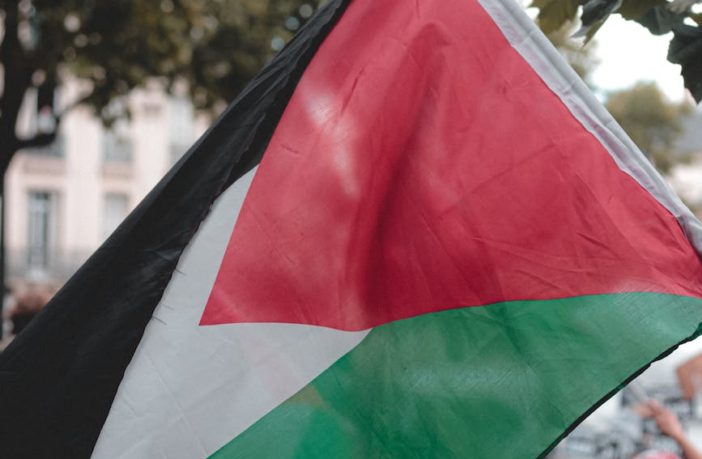Despite extending a tenuous truce between the country’s top generals, massive explosions and gunfire continued to rock the Sudanese capital of Khartoum and its twin city of Omdurman.
Casualties are in the hundreds, and the capital city has become a war zone due to the power struggle between these competing generals, resulting in hundreds of deaths.
African and Arab nations, the United Nations and the United States have all pressured the generals to peacefully halt the conflict.
However, they have only managed intermittent cease-fires, which have not prevented battles, but have given tens of thousands of Sudanese time to move to safer places and other governments time to evacuate their citizens by land, air and sea.
Hours after both parties agreed to a 72-hour cease-fire extension, gunfire reportedly damaged a Turkish evacuation plane Friday, adding to the ongoing uncertainty.
The cease-fire agreement provided an opportunity for other countries to finish the evacuation of their citizens.
Locals reported that the military had employed jets to target the Rapid Support Forces’ stronghold in the affluent area of Kafouri, although fighting continued elsewhere in the city.
The Republican Palace, the airport in Khartoum, and the military headquarters all saw fighting.
Several governments have worked overtime to evacuate their nationals and embassy staff.
The U.S. has come under fire for its helicopter evacuation of about 70 embassy workers, which involved special SEAL commandos.
At the same time, thousands of private American residents remain in Sudan despite being warned that evacuation wasn’t possible.
With security lacking in Khartoum and the airport shutdown, the U.S. State Department recommends that U.S. citizens remain in their current locations and await further instructions from the U.S. government on evacuating safely.
The State Department has specified available border crossings and the necessary paperwork for entering each country.
The U.S. Department of Defense has started relocating personnel and equipment to Camp Lemonnier in Djibouti in anticipation of a potential evacuation.
Secretary of State Antony Blinken has said that the administration thinks leaving Sudan by land is the best and safest option.
He said America is attempting to establish a system to allow individuals to escape by land to leave the nation more efficiently, most likely in Port Sudan.
The Chairperson of the African Union Commission, Moussa Fakin Mahamat, has appealed to the neighboring states of Sudan and the international community to “speedily extend humanitarian support to civilians fleeing the conflict in Sudan.”
In addition, Dr. Ladislas Prosper Agbesi, Chairman of the Pan African Business Forum (PABF), has written to the President of France, Emmanuel Macron, asking that he host a Truce/Peace & Resolution Summit with all concerned parties in Paris.
Meanwhile, fighting continues, and many paths remain risky and uncertain.
The majority of the about 16,000 Americans thought to be in Sudan are dual nationals of the United States and Sudan, and only a tiny percentage of them have voiced a desire to leave.



